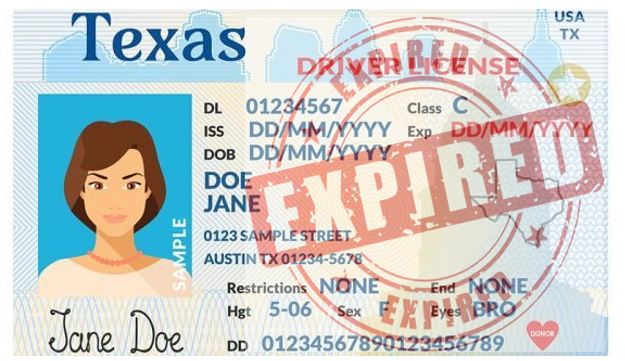
You will need valid photo identification for the remainder of your life. From signing legal documents to opening new bank accounts, government offices and financial organizations require valid picture identification to legally transact business. So it is concerning to learn that most elderly individuals do not have any valid photo ID, and downright frustrating to realize this lack of legal photo identification can cost families tens of thousands of dollars during the last years of their loved ones’ lives.
As we age, our photo identification expires and is not renewed for mostly predictable reasons: People no longer plan on traveling so they do not renew their passport, they move in with a family member or to an assisted living facility or nursing home, and some people just forget to renew it.
As you can see, the majority of people whose photo identification lapses happens when he or she is elderly or infirmed, usually because it becomes very difficult or even impossible to have the person physically show up at a government office that issues photo identification. In these cases, the aging individual or family member thinks nothing of the ID expiring, as the person will likely no longer be driving or traveling or opening new financial accounts. There is also an assumption that non-photo ID, such as a Medicare card or Birth Certificate will serve as valid ID, (Hint: That assumption is wrong).
To the contrary, most of us WILL require unexpired photo identification for the remainder of our lives for the following reasons:
- Having A Document Notarized: Due to New York’s maddening State Assembly and frequently misguided Governor, recently passed legislation requires a notary to log photo identification for every notarization he or she performs. There is no exception for someone you have known – even your whole life – to sign without photo ID. Affected documents includes most estate paperwork, such as Wills, Powers of Attorney and Waivers for Probate matters. Having no photo ID can mean your elderly family member may not be able to sign his or her legal documents or easily collect their spouse’s or sibling’s estate.
- Opening New Accounts: It is not usual to create a new account as we age, which we often do so a younger family member can be named as a joint account owner on our bank and brokerage accounts. The younger joint owner can help pay our bills as we age, and transfer our funds outside of Probate when we die. However, due to federal money laundering concerns, no bank or brokerage house is going to establish an account without a valid photo ID. You will also not be able to collect bank account assets owned by a deceased loved on without a valid photo ID.
- Transferring Real Estate: Same here, in most cases changing a Deed requires notarization of your signature, thereby requiring valid photo ID. So, if you are trying to finalize Medicaid planning to protect your assets for your children, you are often out of luck.
This list is far from exclusive, and all of these situations either make it impossible for the “Non-ID Holder” to accomplish financial matters during their lifetimes, or requires both lifetime hardship and legal fees to rectify (though its more often the former). Usually, the only remedy is to wait for the non-ID holder to die and administer to his or her estate to deal with this unfinished business (in which case legal services and fees are often the primary means of rectifying collection issues).
Unlike a birth certificate, there is no photo identification in New York that does not expire after some period of time, and while a passport does not “expire,” it does become “invalid”, which is not considered a suitable photo ID if you are required to have one. And sorry, there are no “But my father is elderly” or “We didn’t mean to forget to renew but we were watching a Breaking Bad Marathon” excuses.
The good news is that you can renew your aging family member’s driver’s license online provided it has not expired for a significant period of time.
My advice is to have your aging family member apply for updated photo identification as late in his or her life as they are physically able to do so and show up at the DMV. This adds as much as 10 years before that photo ID expires, and hopefully you will remember to renew online at that time. Also, make sure to hold onto your aging family member’s photo ID and do not leave it with them: Not only do we forget to renew our photo ID as we get older, we also forget where we put it. Taking these steps should better ensure you avoid a bunch of unforeseen legal and financial issues that would otherwise arise when it is too late to take corrective action.










